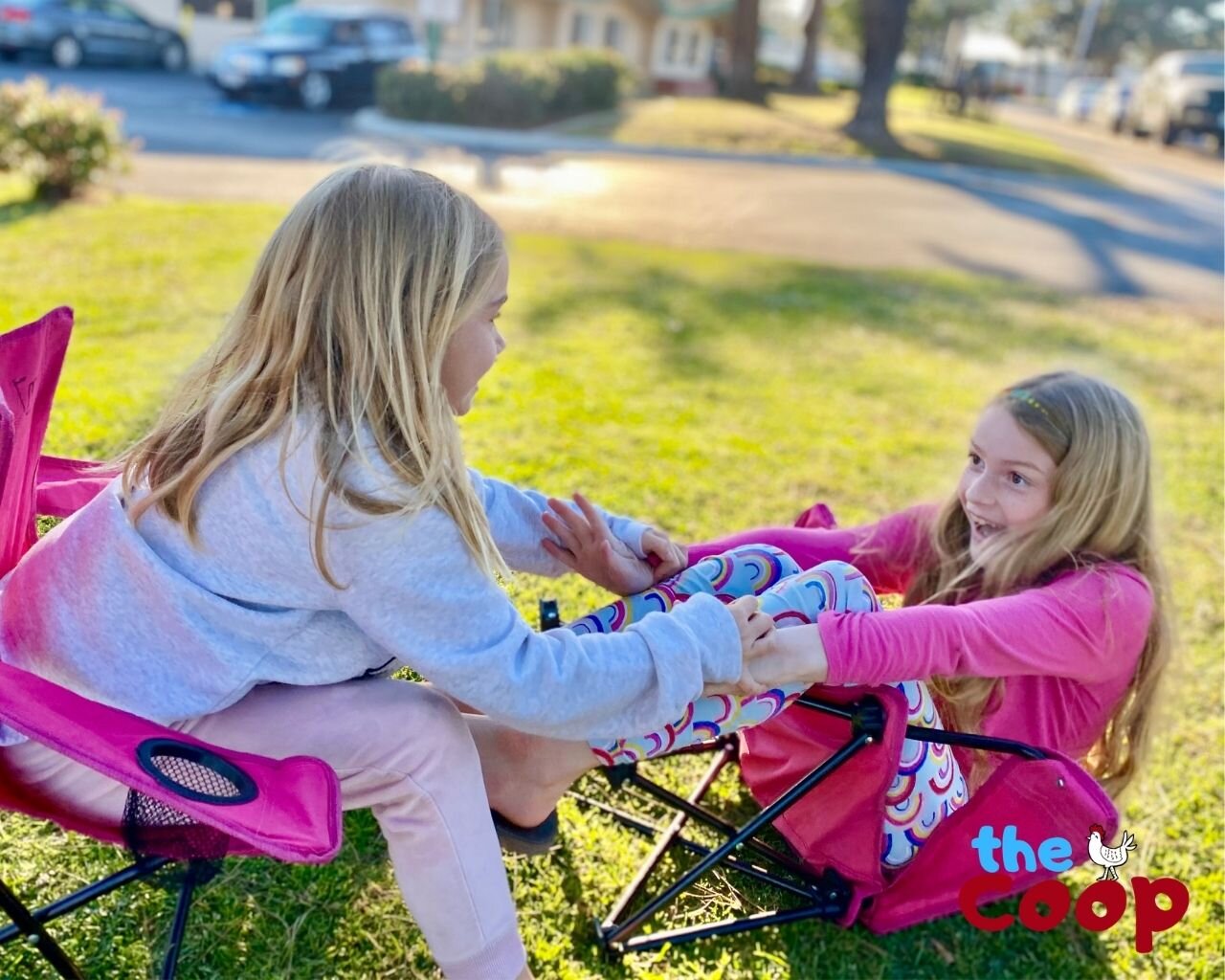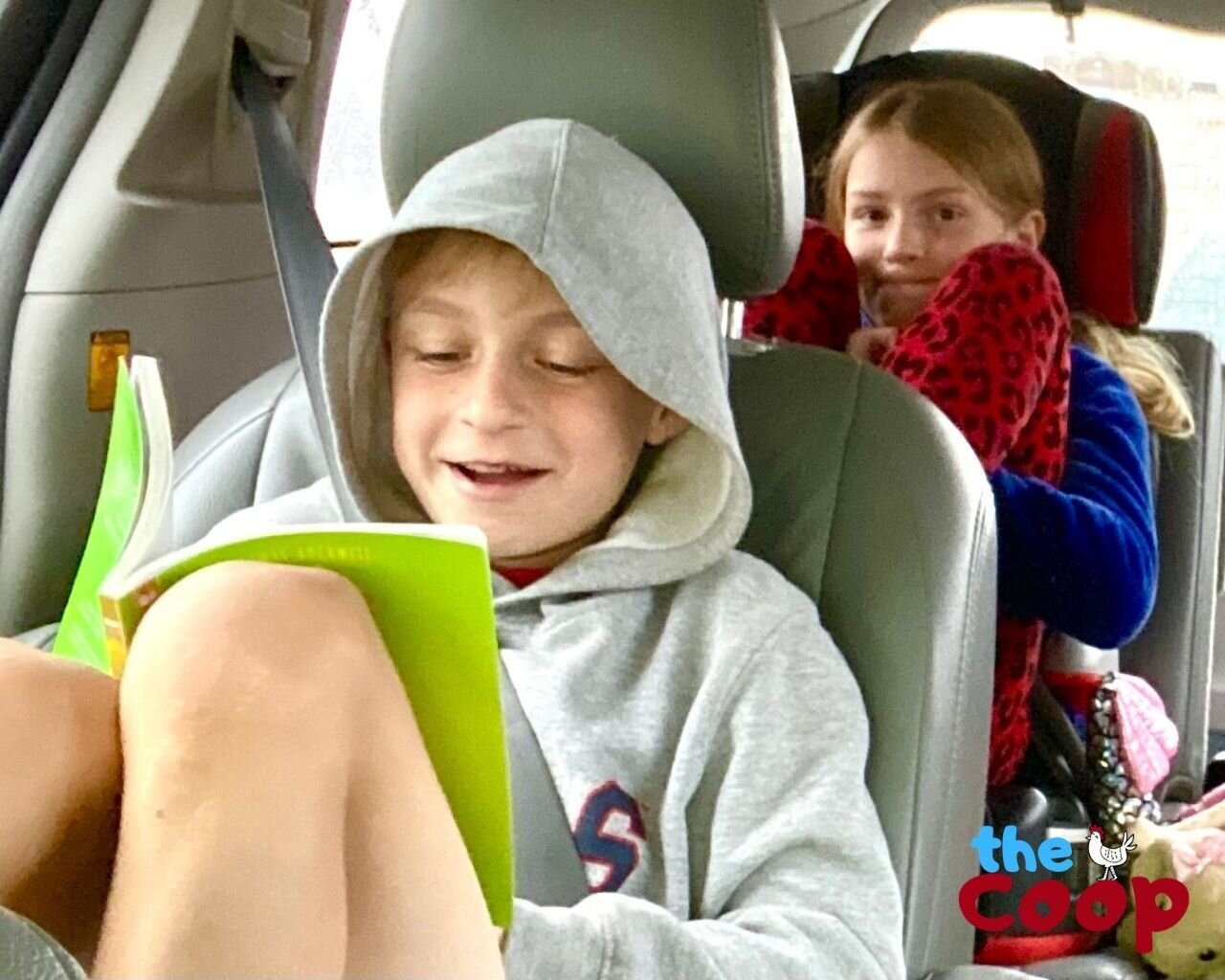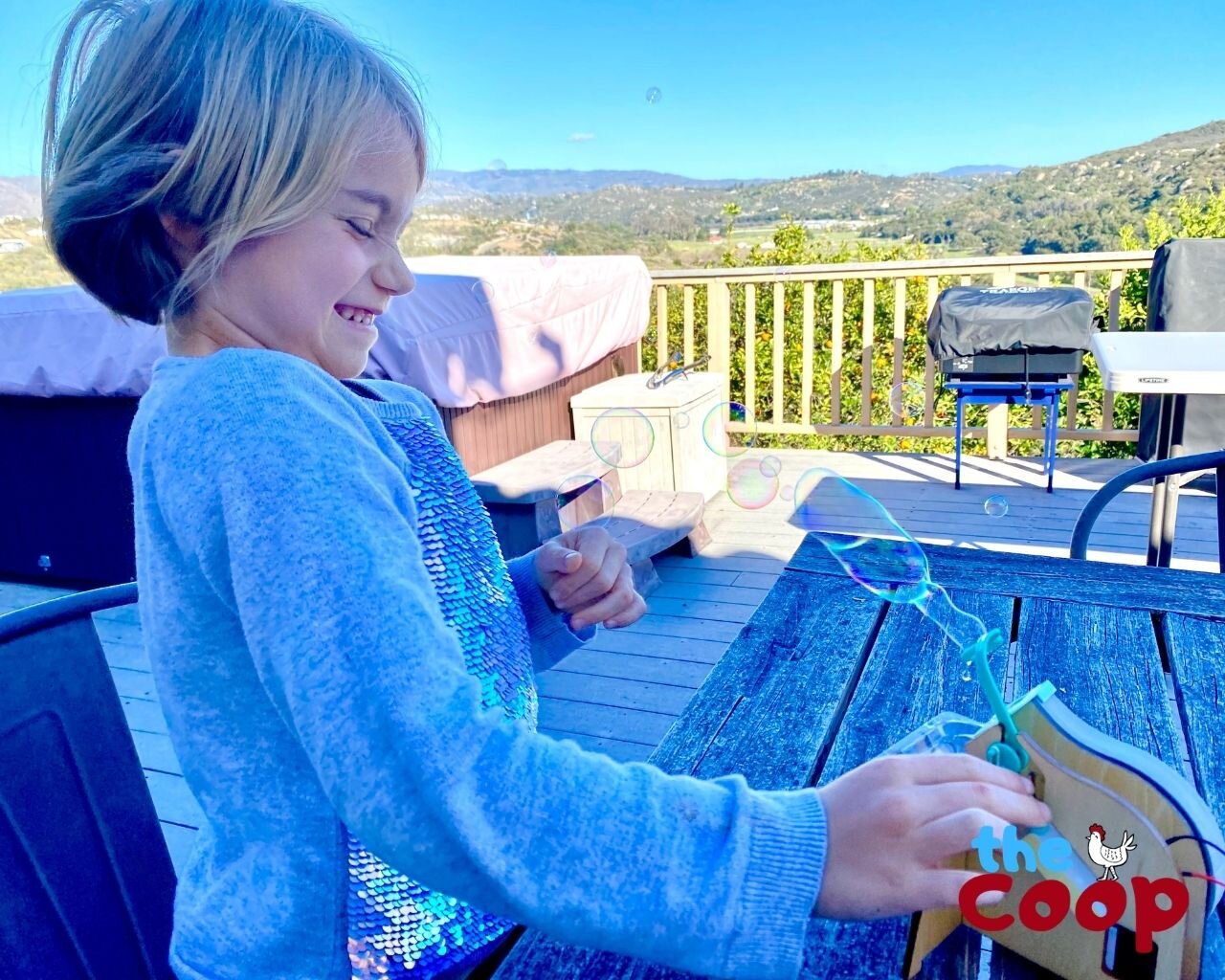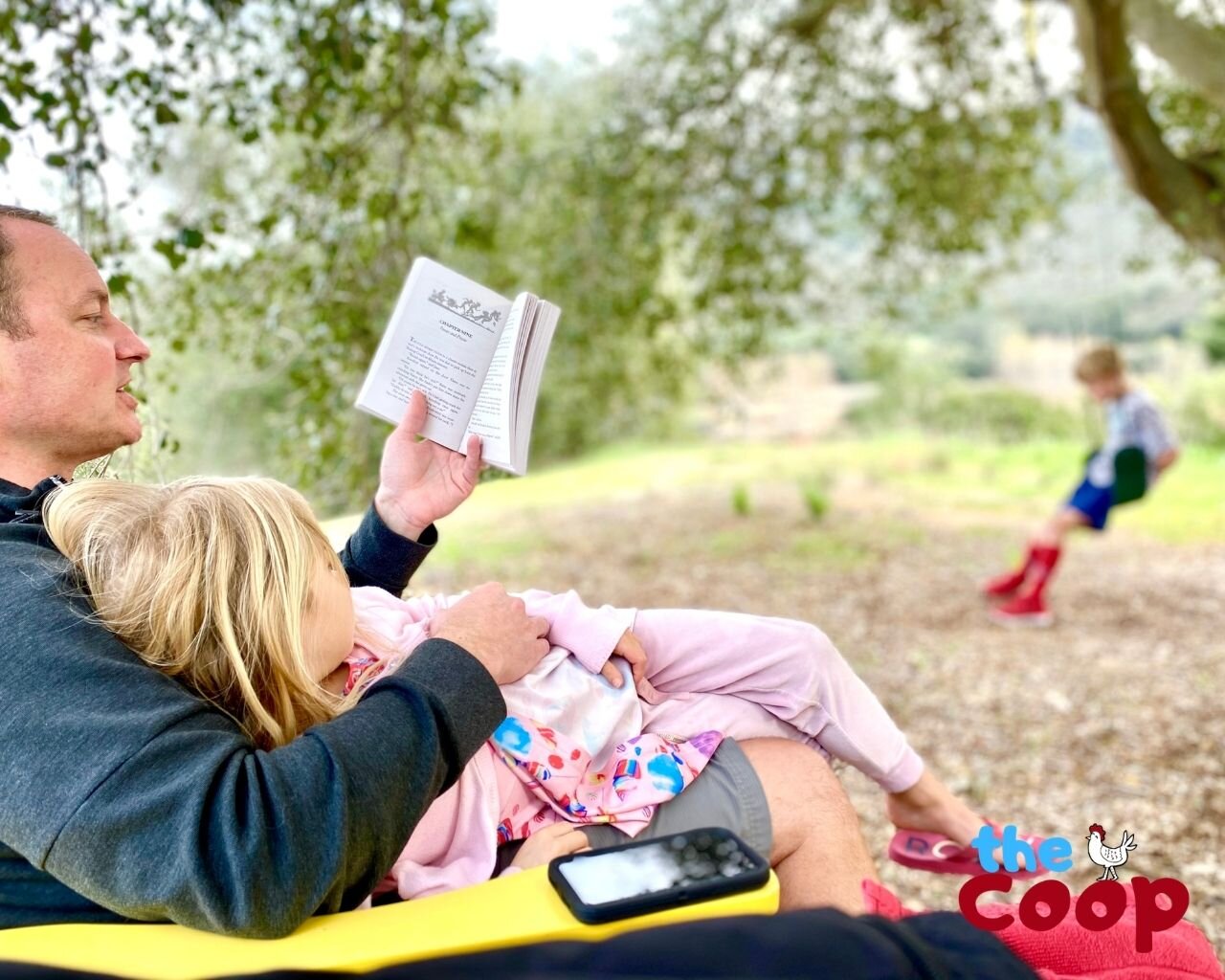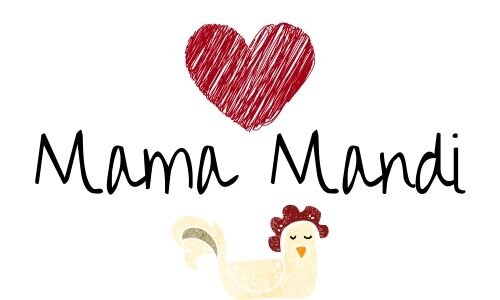My Failed Plan: Finding the Good in a Homeschool Fail
Another name for this is My Foiled Fairytale: Finding My Happily Ever After in my Failings.
Once upon a time, I planned my homeschool year filled with magical Hogwarts’ days, music musings, and lively experiences. With all good intentions to implement my plan, I picked our annual theme, bought all the pretty books, prepared the fun supplies and craft kits, and strode into the new school year with hope and optimism, like Disney’s Brave princess Merida, ready for adventure.
And now it’s April, with less than two months left of our school year, and we haven’t even done half of what I wanted. My fairytale plan is foiled. I’m disappointed because it was all good stuff. I still want to learn the unit study about Indigenous Americans, eat chocolate frogs on our Harry Potter theme days, read-aloud the four Who Was books about musicians in specific decades, and learn two new instruments. So, in light of all of that, I made a plan.
I made a five week plan.
I created a cute checklist for each child for each week, printed and comb-bound them, and then reviewed them with each child. The checklists felt simple and achievable. I felt satisfied that the most important content I still wanted to do…was actually still doable.
It felt so good to finish the first week’s checklists!
A finished checklist seems like a great start, but here’s the problem…it’s the end of the third week, so I am already two weeks behind my own plan of action. I can’t help but feel shocked that we didn’t get more accomplished. I feel a little disappointed that I didn’t prioritize better. I feel heavy carrying this burden of the list of things I still want to accomplish within the calendar (and unnecessary) confines of a August-May school year. I am incredulous about how time passed so easily these past three weeks, without getting really much of anything done. Of course there were numerous play dates and memorable family time, enriching learning experiences, bonding moments, games played, and perspective-building read-alouds, but those activities were not on the checklists. (For more about our homeschool fails, check out podcast episodes 39 and 2.)
Homeschool fails, however, bring opportunity. They bring learning for you, the homeschool teacher. Here’s some things that I learned, just from my failed plan:
My true priorities did actually happen. I do want to choose people over worksheets, over craft kits, and over instruments. I just need to maintain a good balance for my children and me.
Evaluate each commitment’s opportunity cost. What I choose to say yes to means no to something else.
Under plan…by a lot. When I was a school teacher, we were taught to over plan, so that we always had something ready in case lessons finished early. In homeschooling, though, if I under plan, then the pressure is gone, and I can really enjoy just learning and being with my kids.
Instead of planning within time constraints, I should try to plan the order of things. It doesn’t matter what week or date that I read-aloud Who Were The Beatles?, I just need to start it when I finish Who Was Elvis Presley?.
To be humble. I fail all the time. I don’t do everything I advise others to do. I don’t live my mission on a regular basis. Failing has a great way of humbling us - but we need to identify it as a fail in order to gain the benefit of being humbled by it.
To not judge others. When things are going well in my homeschooling, sometimes I can forget that it’s so easy to see others’ issues as easy. But it’s not that simple. Failing reminds us that we are not as great as we think we are, and we aren’t better than others.
We get to become better homeschoolers. Failing means we tried something and it didn’t work. So now we are wiser and are further along than we were before we failed.
So, I will be thankful that I had the freedom to fail, to learn, and to become better at something I feel passionate about. Because, in the end, the real learning I care about will not make it onto any checklist. The learning is the life I get to lead with my littles. The giggles, the jokes, the reading, the leading, the crying, the trying, the sighing, the nitpicking, the licking, the flicking, and the laughter is all the real happily ever after.
(For learning about the essentials in a homeschool day, check out our podcast, episode 37, “What Do We Do All Day?”. For more about planning your homeschool year, check out episode 11, “Planning Our Year.”)

